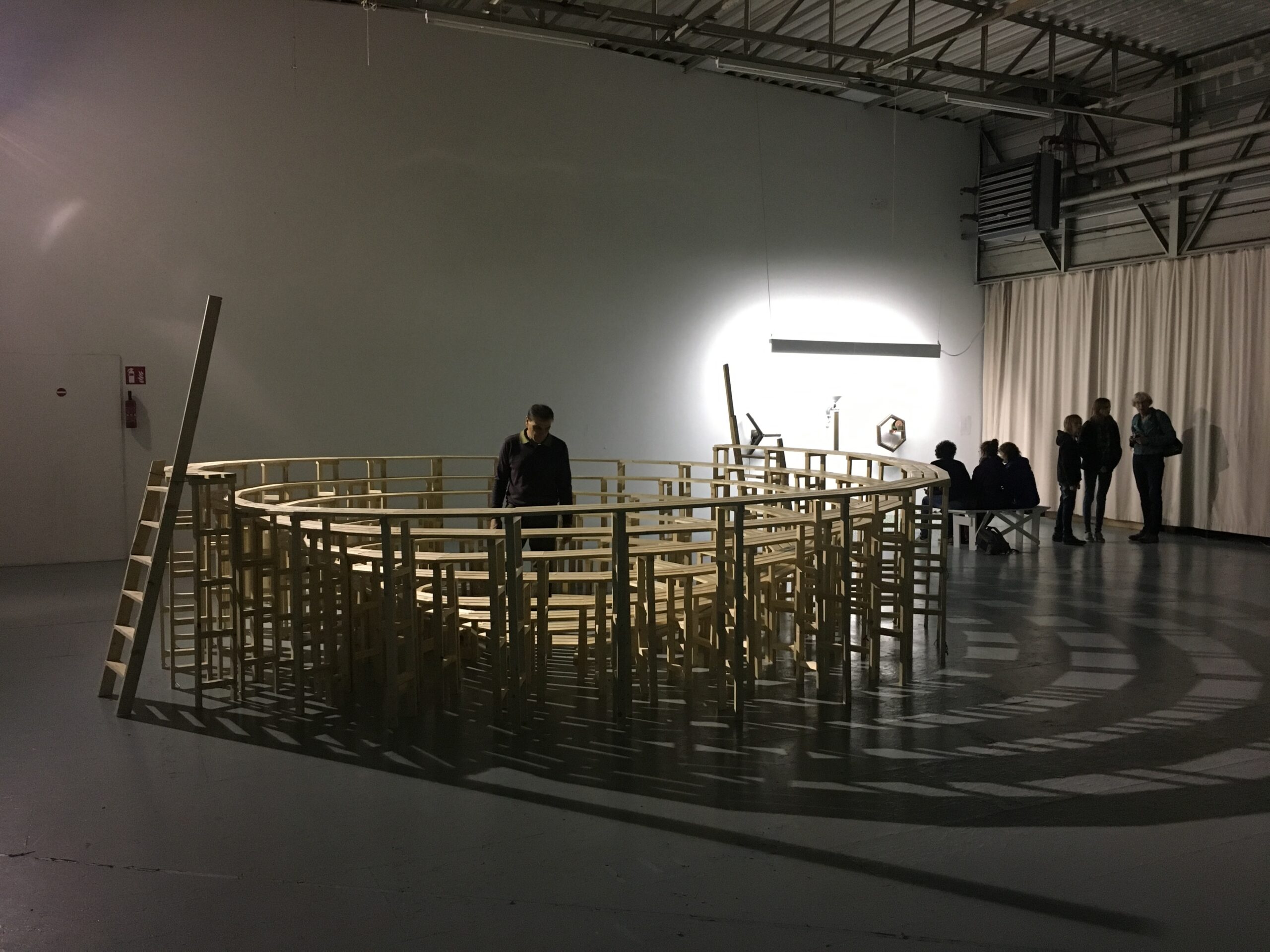postgraduate program
Block 2020 III
2020 has so far been a turbulent year: of course, the global background we are all aware of, but also for a.pass and all involved, as a community, as a group of colleagues and as a place of politics and organisation. We need time to meet despite all difficulties, and we need time to think together. We think of this block primarily as a meeting of ideas and practices of the researchers and the block contributors, in order to make space for an emergent support structure shared between all involved. Our desire is to ground the support structure of a.pass in a close relationship with the necessities and practices of the researchers. Curating here refers again more to care, than to an overarching trajectory. The core of what we do, practice artistic research, is what needs input and support. Starting from the question of what we need and how to organise it we want to create transitory and sustainable modes of organising and sharing research. The block practice, starting with the Settlement gathering, is focused on organisational and structural awareness and feedback: which spatial and temporal structures do we propose, how is it working with us and our research, and is it something we should keep for the future?
research center
What your research did to me
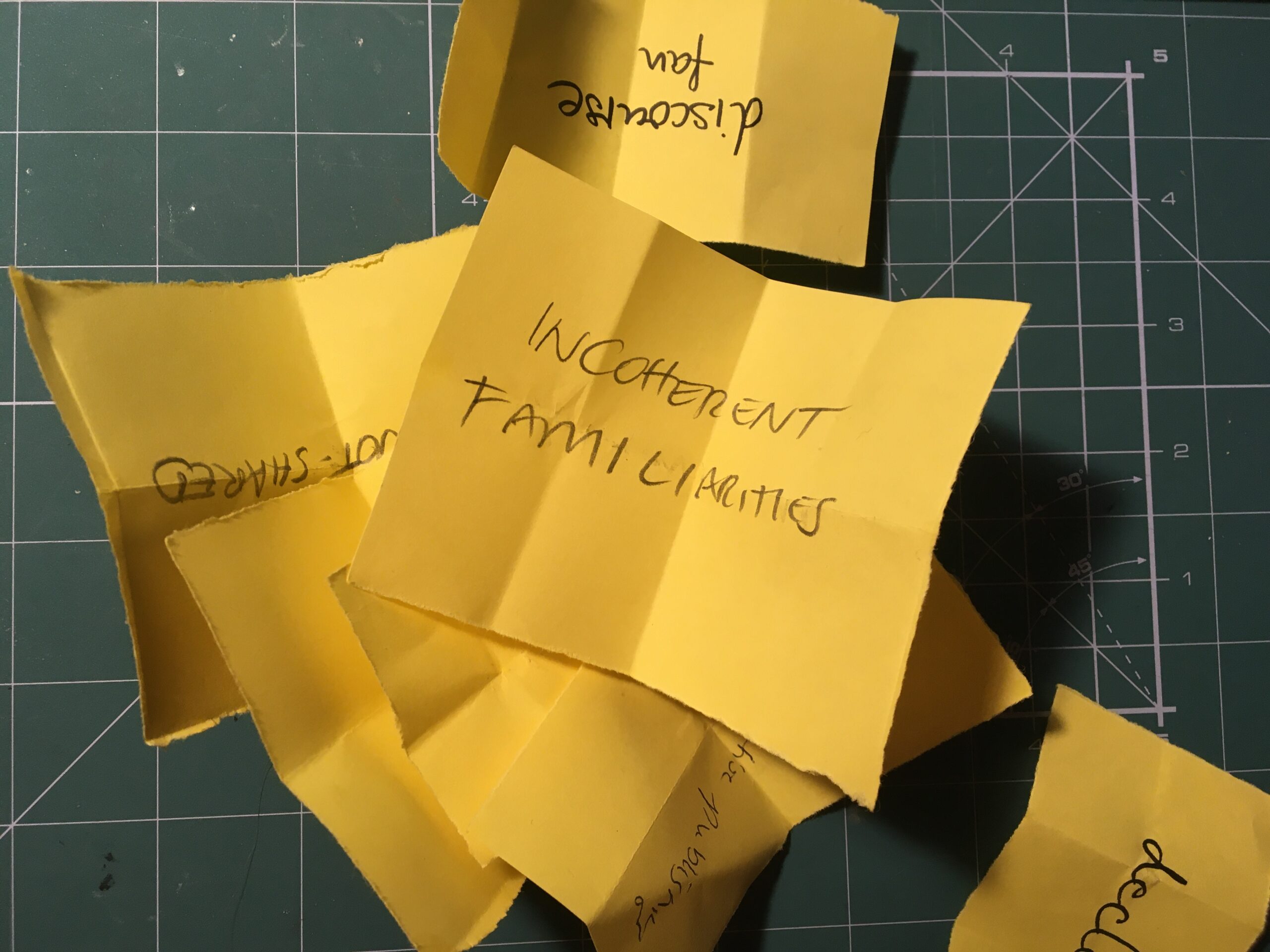
Welcome in De Markten, Friday, 11th of June 2021.
18-22h
Subscribe for attendance. Or join us online. Details will follow.
Breg Horemans, Davide Tidoni, Esteban Donoso, Lili M. Rampre and Pia Louwerens
will read, perform, discuss:
a book as a prop for future performance, a poster that unfolds into a speculative discussion board game, a timed articulation in an archive that reiterates its own traces, a set of interviews that binds four generations of activism, a performative research method that paves the way for academic writing, and a collective online score that narrates how research interests were influenced by each others presence.
Read more..research center
Breg Horemans, Davide Tidoni, Esteban Donoso, Lili M. Rampre, Pia Louwerens, Vladimir Miller RESEARCH CENTER CYCLE 2 BLOCK I and In-Between Block
1 January-31 July 2020
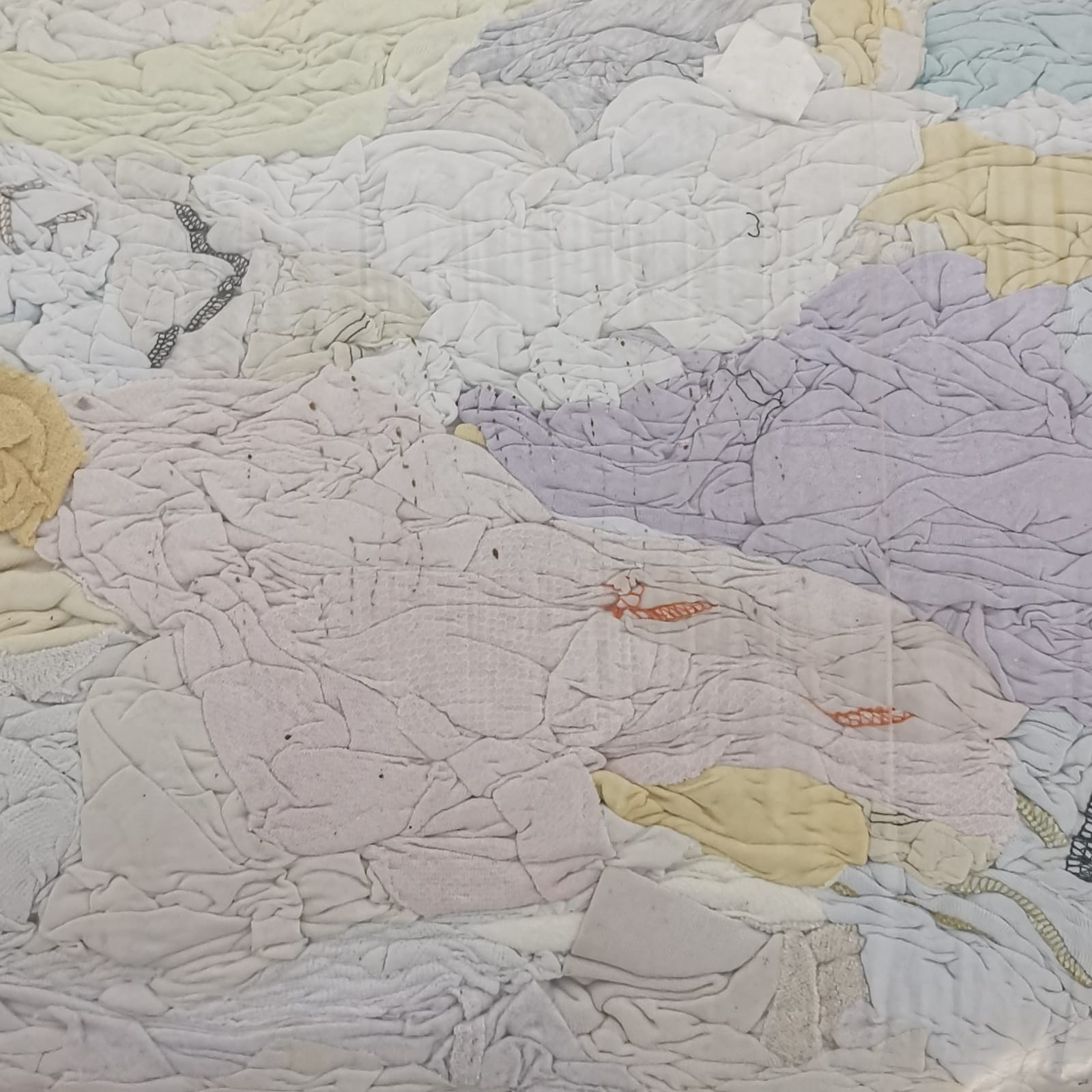
research center, workshop
Esteban Donoso Re-
13-14 July 2020 / ZSenne Art Lab
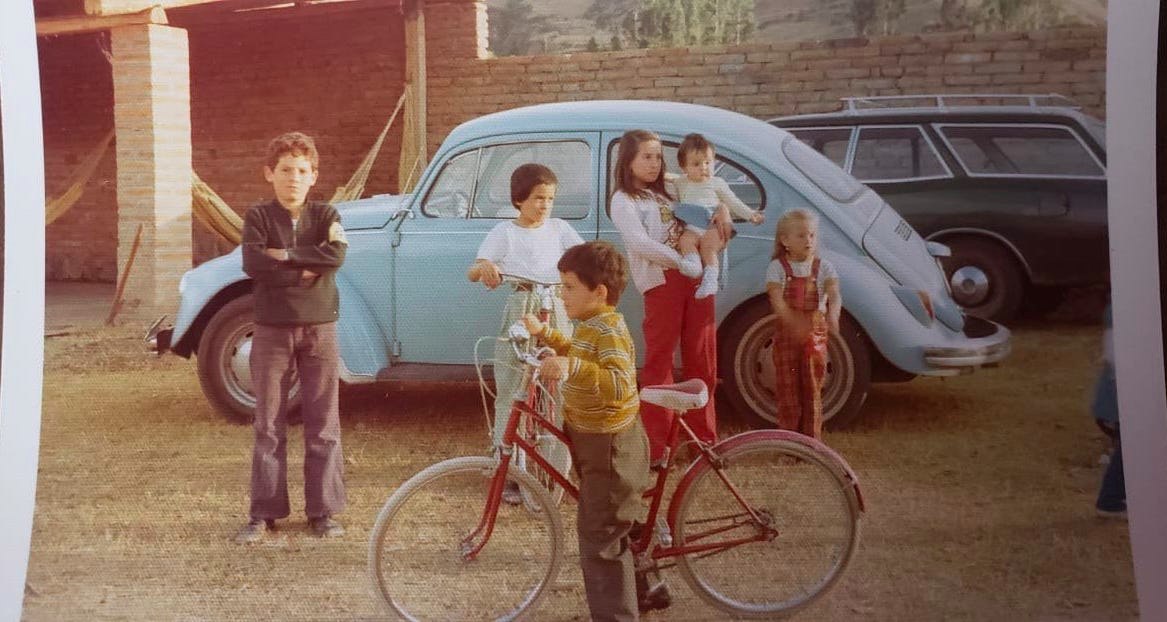
Read more..
research center, workshop
Davide Tidoni Spatial sound to movement
14-14 July 2020 / ZSenne Art Lab
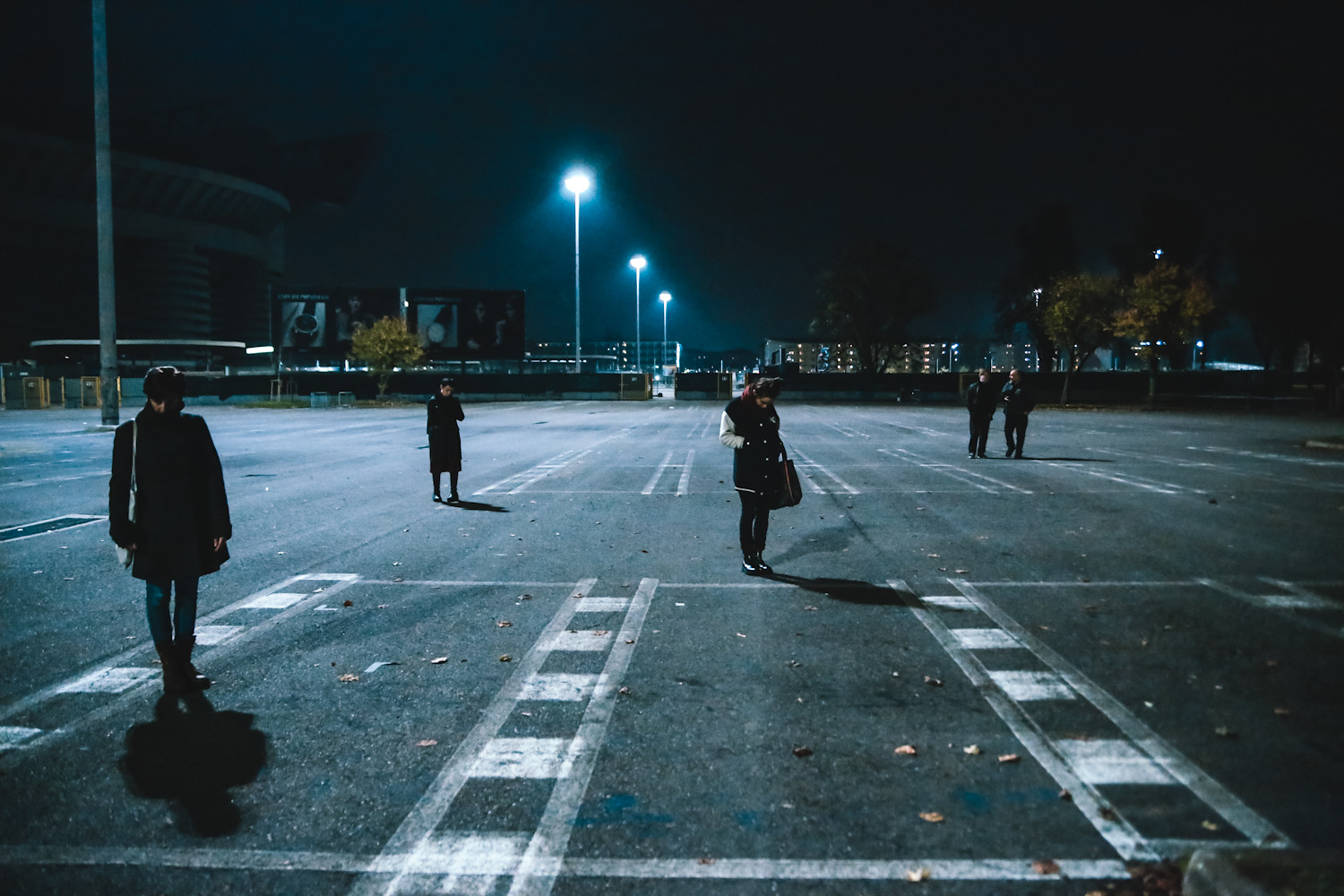
How sound-space perception and spatial listening can be used as a tool for developing movement and creating performance works?
What knowledge/approach/way-of-doing do spatial listening and sound-space perception afford and how that can inform movement and performance work? How sound space awareness can turn or be translated into ways of moving, performing, and choreographing?
Can we think of specific ways to develop/approach movement and performance which are led by the ear-situated-in-space? What are the differences compared to a more eye-determined approach to movement and performance? What are the intersections and common aspects? And eventually, what are the consequences of this approach on other aspects of performance work such as set design, sound design and the positioning of the sound sources, dramaturgy, costumes, and the role/position of the audience?
Read more..research center, workshop
Pia Louwerens Writing subtext
15 July 2020 / ZSenne Art Lab
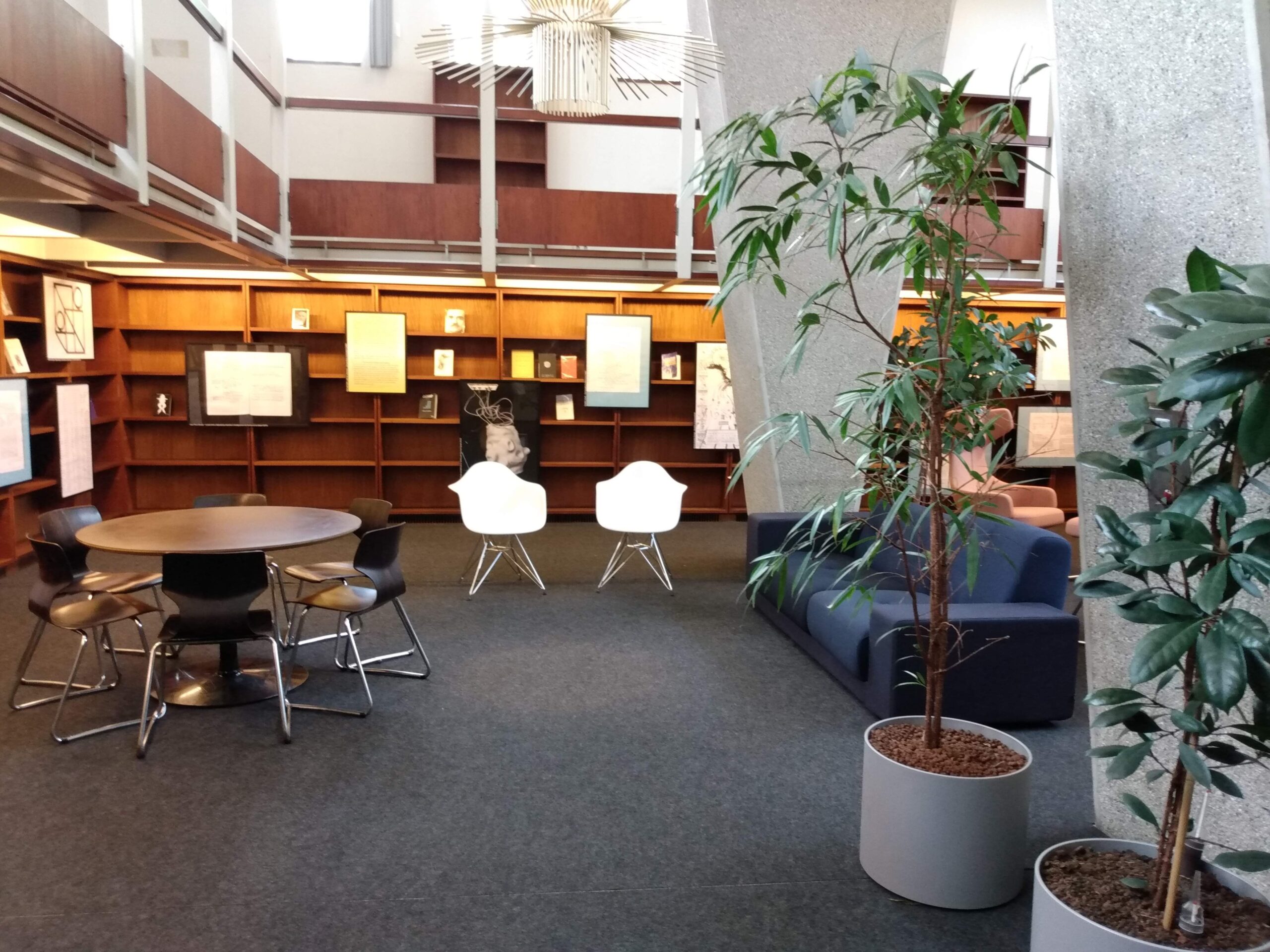
During this workshop Pia Louwerens will test scattered yet corroborating ideas and exercises linked to her research, grouped into two sessions. The first part of the workshop will revolve around the notion of being “embedded” and ways of becoming embedded on the one hand, and on the other hand the workshop as a superstructure, an exoskeleton, which adapts itself to its participants. Would it be possible to rewrite the workshop during the event itself, and what kind of structure could serve this soft workshop? For the second part of the workshop Louwerens will introduce new elements; attempts to evoke events which occured during her research trajectory in collaboration with several institutions in the Netherlands. We will become a loosely organized speaking-reading-writing-machine to collectively document these instances and provide them with an embedded subtext.
Read more..research center, workshop
Breg Horemans What do you depend on, where you are?
15-17 July 2020 / ZSenne Art Lab
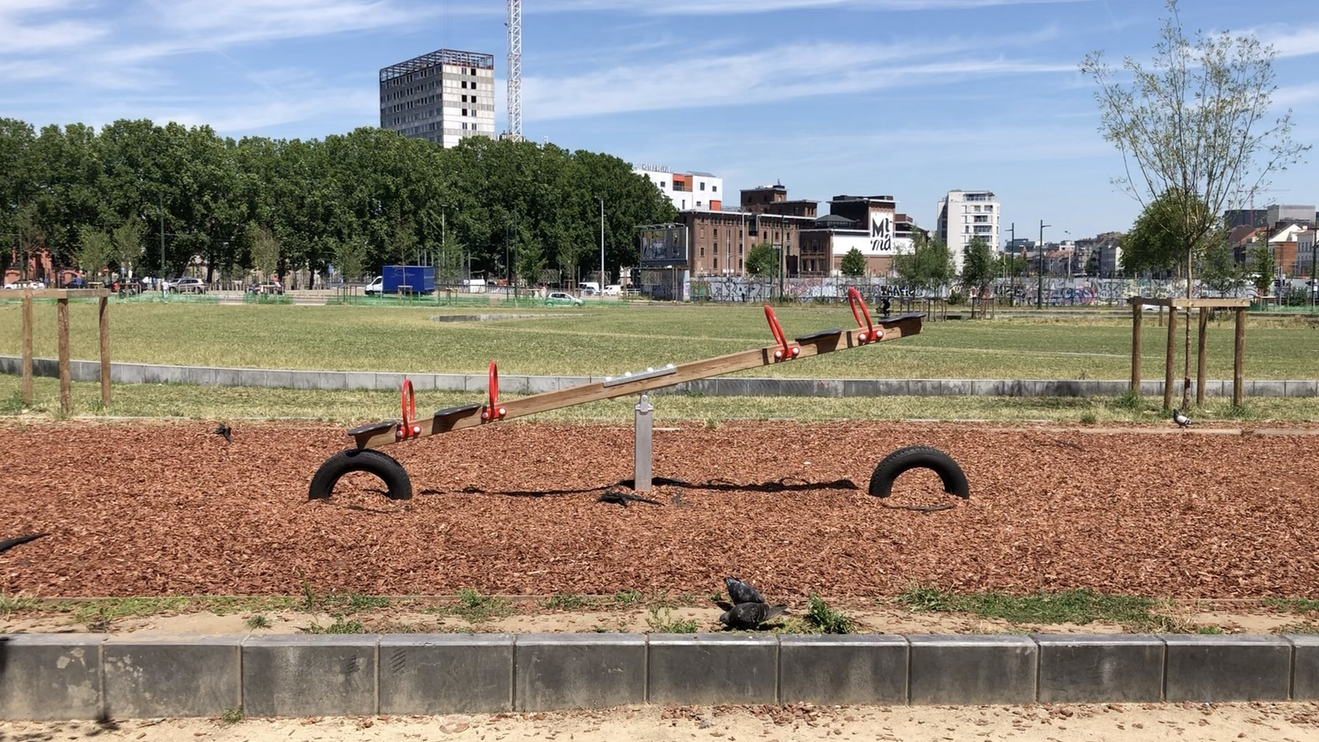
How can we share the performative potential of public space to explore ‘mutual vulnerability’? We invite you to think physically during a series of ‘staged encounters’ in the wider environment of Zsenne Art Lab, between July 15 and 17.
Every encounter offers a space to negotiate proximity with a stranger, addressing the possibility for an intra-active (Barad) relationship. These encounters take shape as silent walks for two people on July 15, 16 and 17 (mornings, between 9 and 10 am). The endpoint of the walk is Zsenne Art Lab.
Through this practice of physical thinking, we aim to configure a layered understanding of the relation between self- and social identity within the urban environment. We explore how the environment plays a role in the construction of an ‘environmental identity’ (Clayton). On Friday July 17th at 14pm, a public discussion will take place for the participants of the silent walks and external guests to share thoughts on the question: ‘how do our practices contribute to the construction of an environmental identity’?
These activities are embedded in the long term research project HALL33, by TAAT. Between May and November we continue organizing ‘staged encounters’ as a form of social activism in Brussels (BE), Dundee (UK), Riga (LV) and Athens (GR). How vulnerable do we want to be towards strangers in a ‘socially distant’ society?
Read more..reading session, research center
Lili Rampre Reading Session
16 July 2020 / ZSenne Art Lab
aaa
Lili Rampre’s recent developments within RC involved repurposing works of popular culture and their most prominent characteristics of an epic story to help re-narrativise group and community concerns. Lili’s long term interest in (re)imagining an audience, especially within performing arts, found a strong resonance with current examples of collective action carried out by various fan groups. In Zsenne reading session, Lili is inviting you to delve into some of the texts on citizenship through fandom as a vehicle and examples of such performances. The reading will start by addressing the proposed questions:
- how conflations between activism and fan self-aware agency can re-shape our understanding of the audience,
- potentials for public participation, civic action,
- how new civic practices of engaged audience members are defining joyous activism and with your participation move on to opening new ones, concerning your particular practices and angles, approaches to the topic.
This should not be misunderstood as an extension of the already well developed sociology and anthropology of fandom, but rather as the critical reappraisal that emergent large popular assemblages of self-identifying communities are an under-utilized and under-recognized potentiality for “performance” proper.
Read more..postgraduate program, workshop
Vladimir Miller Settlement 16
14 September-3 October 2020 / a.pass
The Unconditional Institution
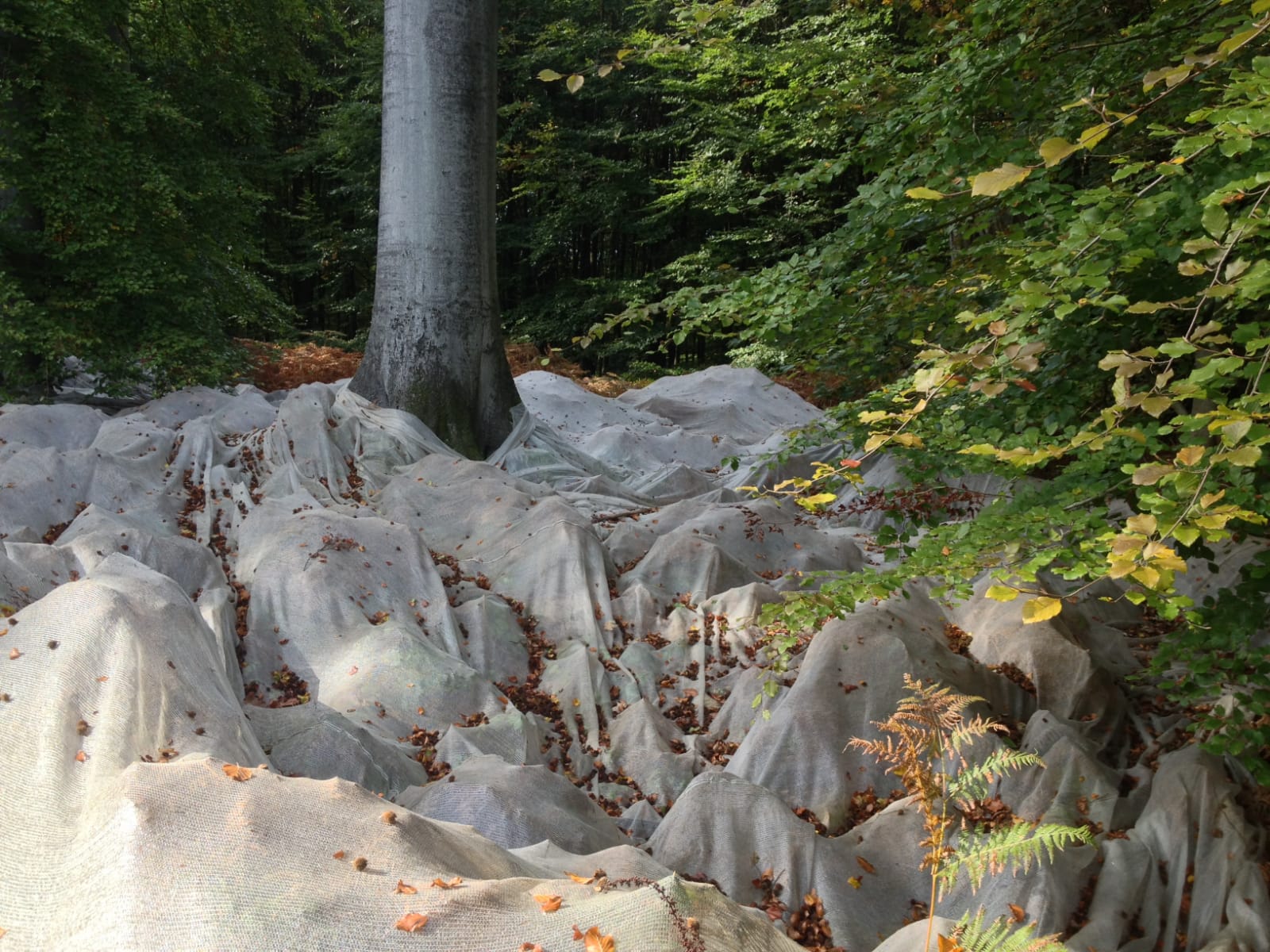
During the days of Sept 14th – Oct 3rd 2020 a.pass will come together and host an open workspace called Settlement. In the course of these three weeks we will share our current work processes within an open collaborative workspace. We aim to create a poly-central gathering that is self-structured, self-organized and open to contributions from anyone. You are cordially invited to join this process by establishing your own space in the a.pass Settlement and sharing some of your ideas, practices or works with others. The materials and structures available at the a.pass main space will be a common resource for all who join to create whatever is needed to facilitate this process. The schedule for these three weeks will be developed on site by its participants and shared online on the a.pass website.
please let us know if you want to join this workshop by subscribing a week before you come. covid measures will be followed in the shared environment to ensure it safety.
Read more..postgraduate program, workshop
Krõõt Juurak AUTODOMESTICATION
27-31 October 2020 / a.pass
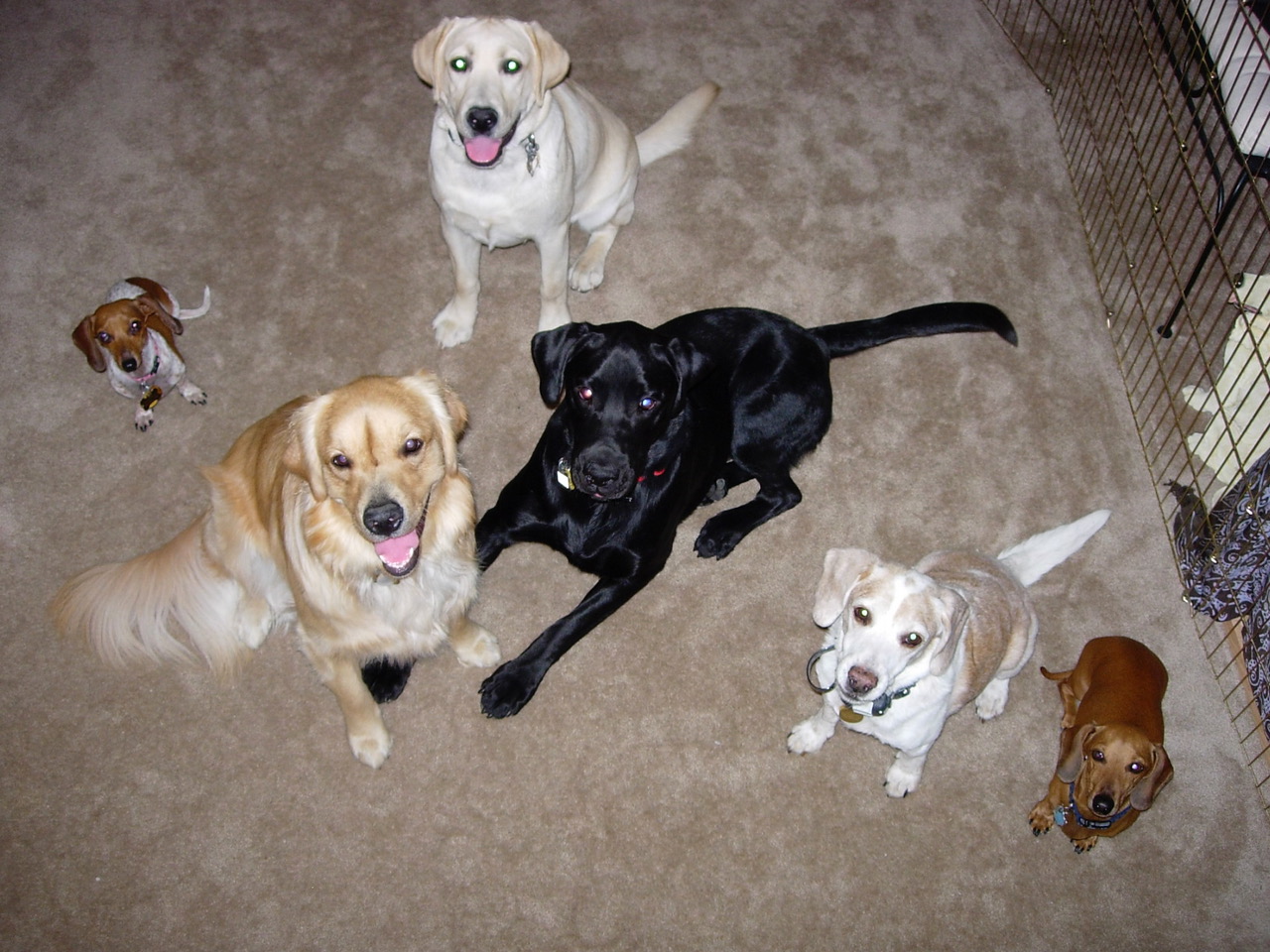
As a performer you provide your audience with something that cannot be measured in material terms. As regards the activity that produces the cultural content of the commodity, your labour involves a series of activities that are not normally recognised as work – activities involved in defining and determining cultural and artistic standards, fashions, tastes, consumer norms and, on a strategic level, public opinion. As a performer you are primarily a producer of subjectivity. Typically, an artist’s value does not lie in what they “do” but in what they “are”. Now, remember, for example, how Richard Florida described the processes of gentrification caused by the migration of artists and creative workers – the artists may or may not be aware of the value of their mere presence but on a larger scale they produce “results” simply by existing. Survival in the (performing) arts requires creativity that goes beyond the artworks one creates. In fact, a typical performing artist spends about 99 percent of their time off stage – as an audience member, a critic, an administrator, a networker, friend, mentor, student, teacher and so on. Inventing and re-inventing oneself on and offstage, adjusting to various situations, restrictions, moving from project to project, one residency to the next, brimming with creative energy, training and forever educating oneself is the way forward.
Read more..postgraduate program, workshop
Elke van Campenhout Debunking the Myth
16-20 November 2020 / online
or The Emperor’s New Clothes Revisited
NEW DATES!
16.-20. Nov 2020
To be a contemporary artist comes with a lot of prerequisites these days: unspoken discourse rules, critical norms, and a general salonfähig consensus about values like fluidity, horizontality, collaboration, etcetera… Often these values are taken for granted while a strong discourse is ruling the artist’s world, zooming in on any hint of postcolonial insensitivity, patriarchal blindness, gender observations, and faintly non-consensual power use. This attitude stems from the bountiful history of feminist and queer studies, cultural studies insights, and a general growing awareness of her-stories and the damage done by biased educations and cultural misgivings. But at the same time there are also a lot of other untouched territories underlying these value markers: 19th century romanticism, liberalism, humanism, … Each one carrying within it a very specific view of what it means to be a human being in this world, how we are connected and what we are able to convey.
Read more..lecture, postgraduate program
Oxana Timofeeva On the Soul
19 November 2020
Video recording - online talk
research center
Breg Horemans, Davide Tidoni, Esteban Donoso, Lili M. Rampre, Pia Louwerens, Kristien Van den Brande Printer’s devils
4 January-4 April 2021
Research Center Cycle 2 Block III
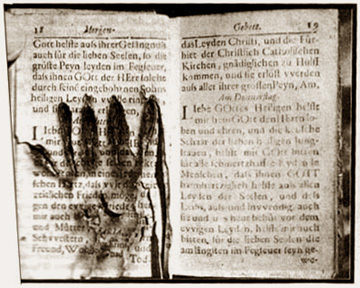
One publishes to find comrades! So says André Breton. The researchers in the current cycle of the research centre — Breg Horemans, Davide Tidoni, Esteban Donoso, Lili M. Rampre and Pia Louwerens — are ending their trajectories at a.pass with a block focused on publishing, and the myriad of relations implied in committing something to print. Publishing is rarely something that concludes a confined process of solitary thought. It is a social process that — abstractly and manifestly — involves collaboration along the way: sometimes with fellow interlocutors, sometimes with an editor or designer at the other end of the table, sometimes with abstract ideas of what readership might entail. Rather than aiming for a book or for printed matter as a finite goal, we will take publishing as a pretext to build relationships that last over time. How can a publication be set up as an ongoing social gesture, a space for the continued production of meaning and reverberance?
This block has a weekly organization, whereby Tuesdays alternate between a technical-dramaturgical help-desk, and editorial-curatorial approaches. Help-desk Tuesdays are more loosely structured around practical needs of the collective and individual publications. How did you do this? Why would you do that? During the editorial-curatorial Tuesdays we work on a collective publication, addressing a breadth of concerns in publishing (commonplace books, performative publishing, the interplay between analogue and digital publishing, orality and transcription, co-writing, the power of address, self-writing, ventriloquism, reading as writing, distribution).
Read more..performative publishing, research center
Breg Horemans, Davide Tidoni, Esteban Donoso, Lili M. Rampre and Pia Louwerens WHAT YOUR RESEARCH DID TO ME
30 euro - annex + 2 books + 1 game
10 June 2021
research center associates Cycle II
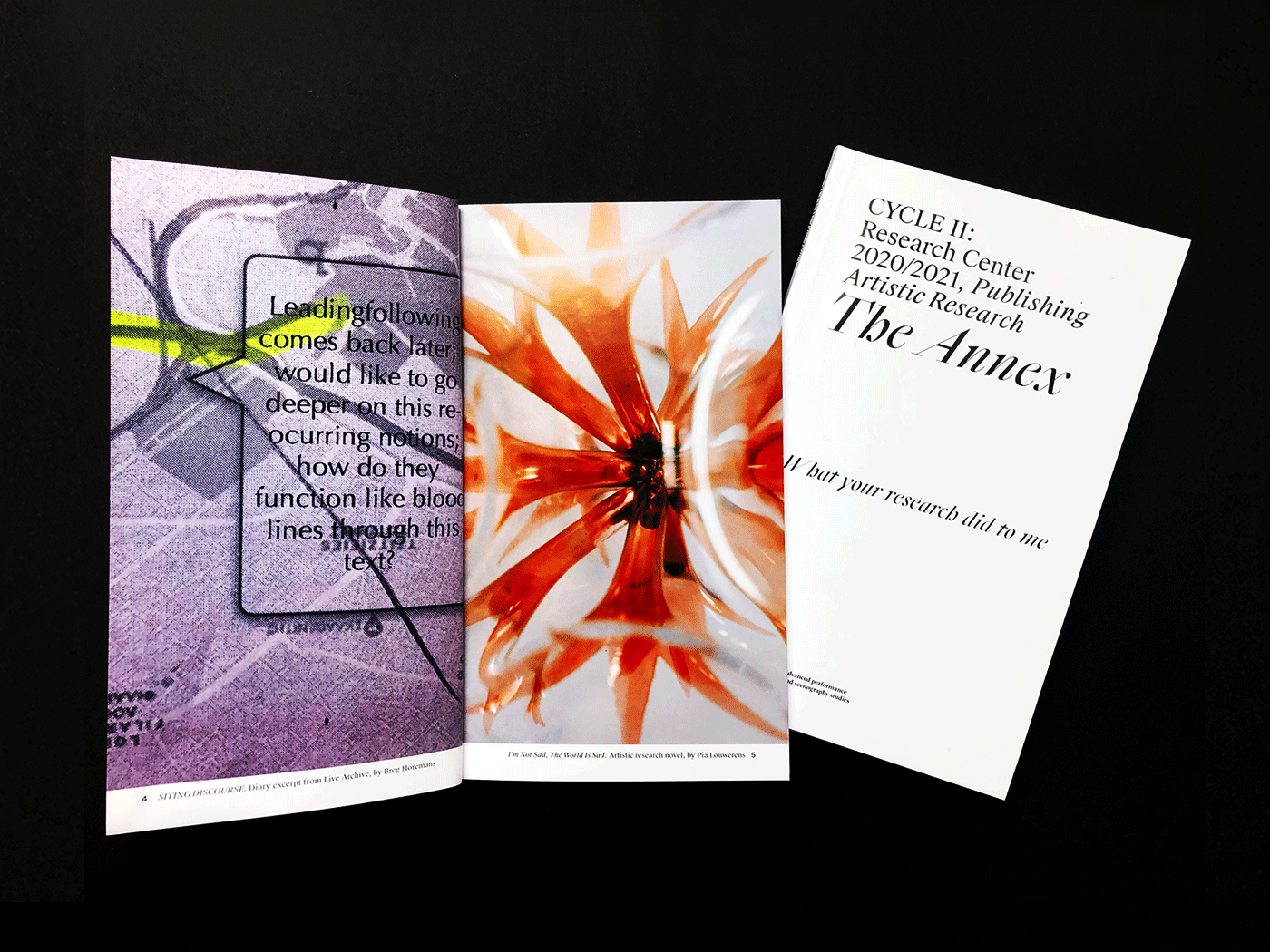
Read more..
Order this publication.
